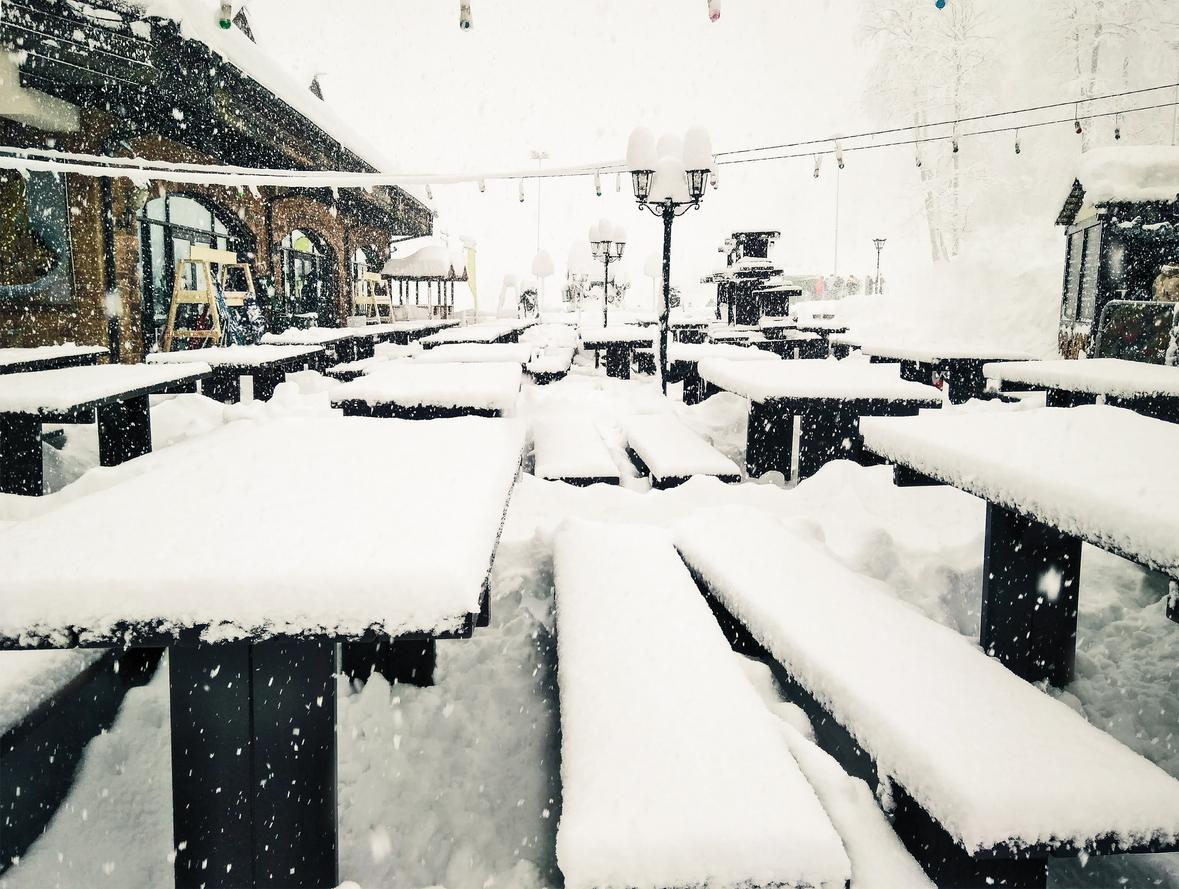Protecting Your Ventilation and HVAC Equipment from Severe Weather
As the seasons transition, they bring a wide range of weather changes, from cooling temperatures to freezing conditions and spring thaw. With the rise in temperatures during the warmer months, we often witness an increase in extreme weather events. Heavy rains, hurricanes, and tornadoes become more frequent, posing risks to both residential and commercial properties, including your ventilation and HVAC equipment. In this article, we’ll explore the challenges posed by severe weather and provide insights on how to protect your equipment effectively.
The Advantages and Disadvantages of Rooftop Equipment
Rooftop and outdoor commercial equipment offer numerous advantages, such as easy installation, convenient access for maintenance, noise reduction inside the building, and space optimization. However, they also come with downsides, primarily exposure to the elements. Outdoor units face rain, snow, and humid climates, all of which can lead to corrosion of internal components, reduced efficiency, and eventual breakdowns. Freezing temperatures can put these units at risk of icing over, potentially causing damage. Furthermore, severe storms, tornadoes, and hurricanes can introduce heavy winds that propel debris toward the exterior of the building and your HVAC system.
Steps to Prepare for Extreme Weather
To better prepare for extreme weather conditions and safeguard your ventilation and HVAC equipment, consider the following steps:
- Schedule Regular Maintenance: Hire a local certified technician to conduct routine maintenance checks on your equipment. A well-maintained system is more resilient against harsh weather, and technicians can identify and replace worn components before they become problematic.
- Trim Surrounding Vegetation: Ensure all trees and vegetation around your outdoor equipment are trimmed to prevent debris from physically damaging it. If you’re not the property owner, coordinate with your landlord or property management company to address this.
- Secure Your System: In the event of a severe storm, especially a Category 4 or 5 hurricane, consider turning off your HVAC system and shutting off the breakers for added protection against electrical surges. You can also use a tarp or a sturdy covering to shield the unit physically, preventing damage from flying debris and keeping out rain, mud, and other debris.
- Document Equipment and Insurance: Maintain up-to-date building insurance, and before a major storm, document your equipment with photos and videos. This documentation can be invaluable in the event you need to file an insurance claim.
Conclusion
While there’s no foolproof method to completely safeguard your HVAC and hood exhaust system during a severe storm, following the steps outlined above can significantly enhance your preparedness. In addition to these precautions, ensure your building insurance is current and keep your equipment well-maintained throughout the year. At NAKS, Inc., we provide a wide range of exhaust hood systems along with essential accessories like stainless steel wall panels, hood filters, canopy hood lights, and curbs.
For any questions about purchasing your hood system or other commercial kitchen ventilation system equipment, don’t hesitate to contact one of our experts today. You can reach us here or through our live chat system. We are committed to helping you protect and maintain your equipment in all weather conditions.

